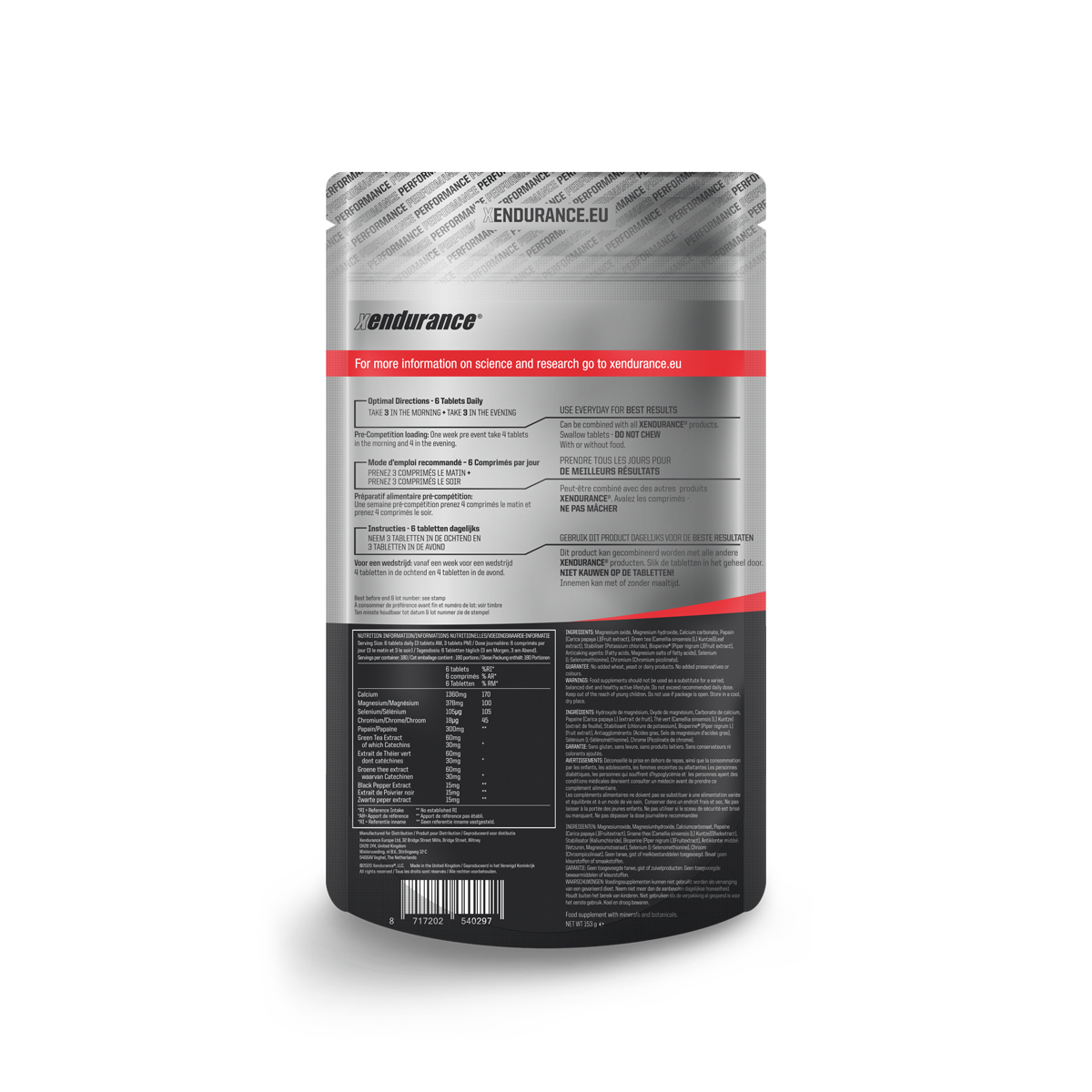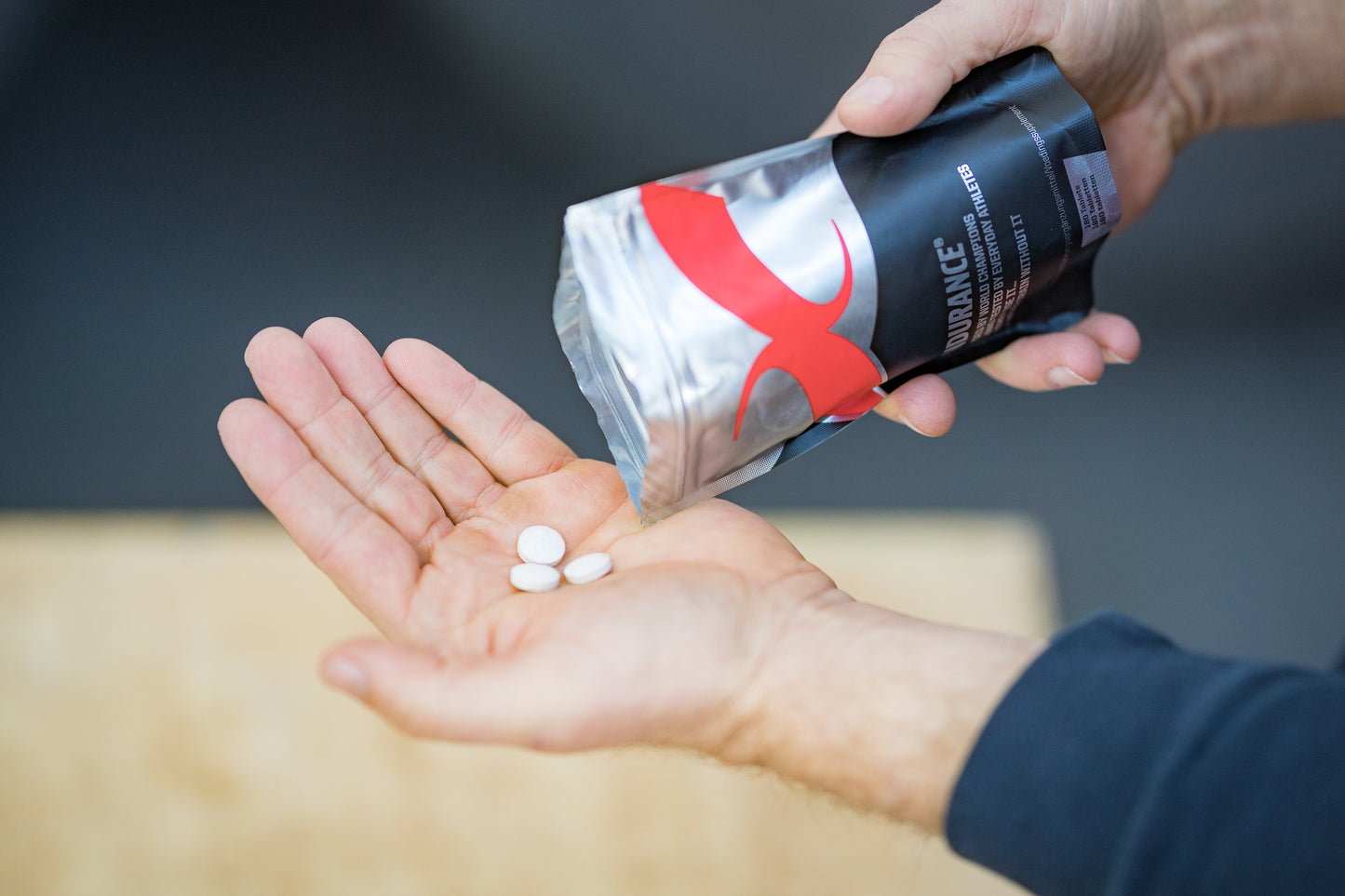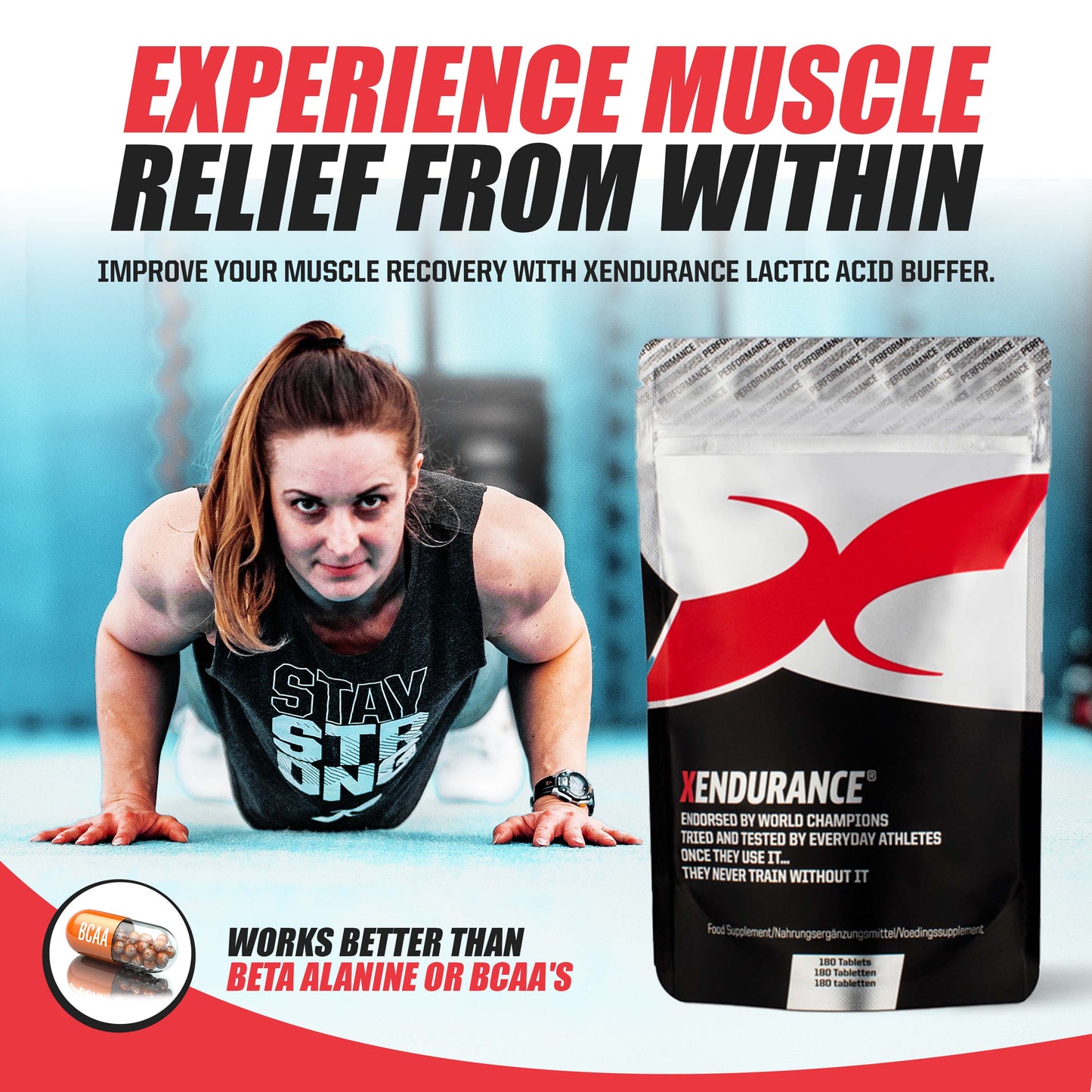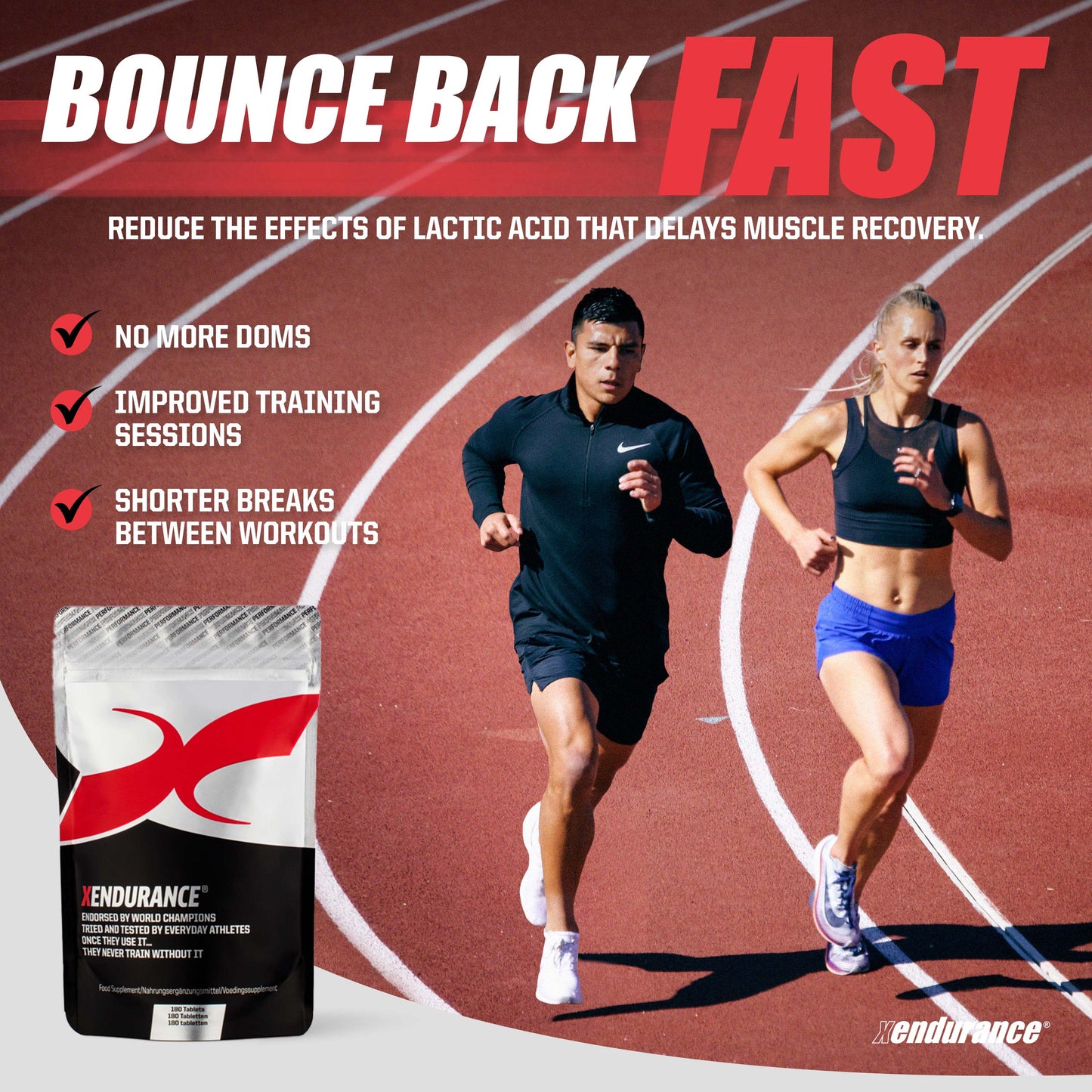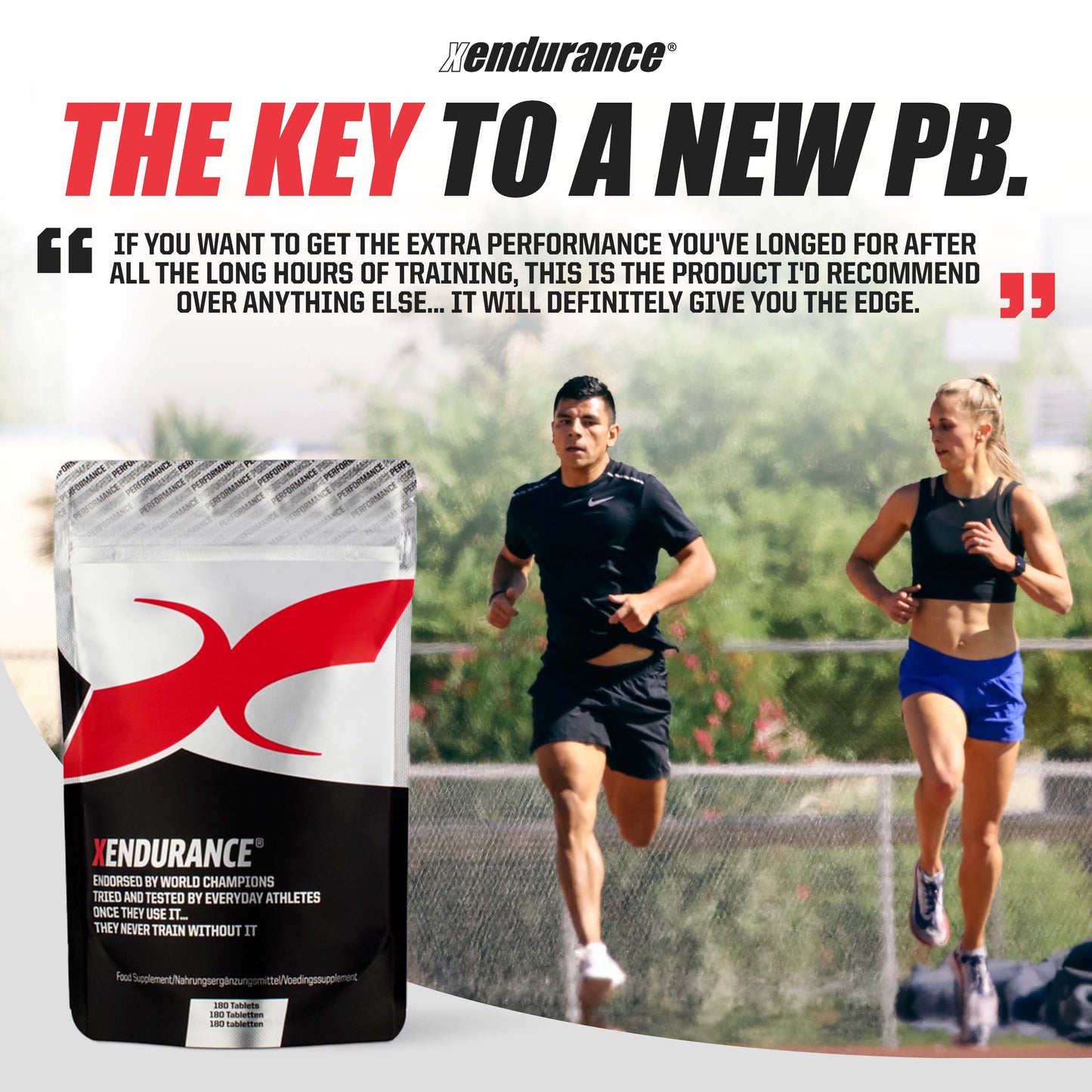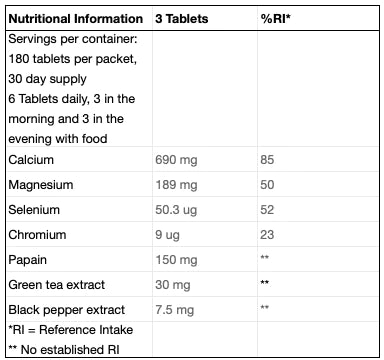Share
One of the most common questions I get is “when should I start taking supplements?" Whilst I think everyone can benefit from supplementing their diet, I always answer their question with one of my own. How is your diet, water intake and sleep? These are in my opinion the bedrock of health and something to fix first before we look at making marginal gains with supplements, new kit and training types. We have a few articles on diet and water intake but today I am going to focus on sleep.
I am not about to tell you how many hours you need to sleep but the overwhelmingly accepted average is 8 hours so we will accept that today. 8 hours is one THIRD of your day. 33% of your time in this life will likely be laid down in bed asleep (hopefully). If I offered you an extra 8 hours of the day to recover you would probably see massive improvements in your performance in sport and in your mental acuity. So, this time matters hugely.
What you sleep on matters…
Like an ill-fitting pair of running shoes or incorrectly set up bike what you sleep can severely mess up your recovery and in turn performance in the future. In all honesty this is what led me to write this article. I into the spare bed for a week when we had guests and left my pillow on my normal bed. The mattress is too soft for me and the pillow is too thin. Moving back to my own bed and pillow has seen a massive improvement in how I am feeling both subjectively and objectively. My shoulders hurt less now and I feel less tired and my sleep tracker has shown my time in ‘deep sleep’ has returned to normal (25% more time in deep sleep).
My advice, get comfortable! Invest in a good pillow that supports how you naturally sleep. Go and try lots of mattresses at the bed shop, like your first pair of proper running shoes be prepared to spend a little more than you expect to but prepare to see huge returns on investment. Remember this is a third of your life we are talking about and sleep directly impacts our physical and neurological performance.
Pro athletes are even starting to take notes. Numerous athletes across endurance sports are getting sponsors from mattress companies, 2x CrossFit Games champion Justin Medeiros even travelled to the CrossFit Games with his own mattress.
Caffeine in take
We saw a few weeks ago that caffeine is a potent supplement for performance but does have drawbacks. Caffeine has a half-life of five hours meaning it can linger in your system for much longer than you realized. The problem is that caffeine is an adenosine inhibitor, adenosine slowly builds during the day and causes us to feel tired. If we block our neurons from receiving adenosine this can not only prevent sleep but can also affect our circadian rhythm leading to a disrupted sleep pattern which we see later on is vital to successful sleep.
Keep an eye on when you are consuming caffeine and how it effects what time you sleep. Maybe don’t have that late afternoon coffee or avoid that 7pm energy drink before a late workout. Experiment what works for you, everybody metabolizes coffee differently so find what works best for you.
Screens down
Screens are all around us. A lot of us spend 8+ hours a day working less than a metre from a computer screen and have bright phone screens in our pockets 99% of the time. If possible, avoid the screen for at least an hour before bed. The reason for this is that the bright light tricks your brain into thinking it is still daytime so will limit the release of natural melatonin which is a hormone that makes you feel sleepy.
Whilst this is a great idea in concept busy lives can make this hard so try a few of these top tips.
- No phones in the bedroom – most of us do not need it for an alarm clock you can buy a cheap alarm clock for £5.00 if that is your excuse
- Leave your phone in a different room from where you relax at the end of the day. A phone screen 30cm away from your face will affect you far more than a tv screen. Being uncontactable at the end of the day can also be a big release for a lot of people, the work emails will be there tomorrow morning.
- Set a shortcut on your phone. Mine switches my screen brightness down at 7pm and softens the screen colour to a gentle orange colour rather than harsh blue light. The theory behind this is that it at least mimics the sunset tricking our brains into releasing some melatonin.
Consistency
Good sleep requires practice, a bit of patience and conscious effort but eventually becomes habitual. If possible, try to get to sleep within the same hour every night and wake up around the same hour every morning 7 days a week. Massively shifting your sleep schedule on a weekend can make the next week even harder. If you think you need to catch up on sleep at the weekend, then you either aren’t sleeping enough during the week or aren’t getting sufficiently good quality sleep during the week. In Matthew Walker’s book “Why we sleep” he explains how trying to pay down a ‘sleep debt’ at the weekend doesn’t really work. Get to the root of the issue if you can and get that great quality sleep. It might be the thing that helps you break through that performance plateau.




